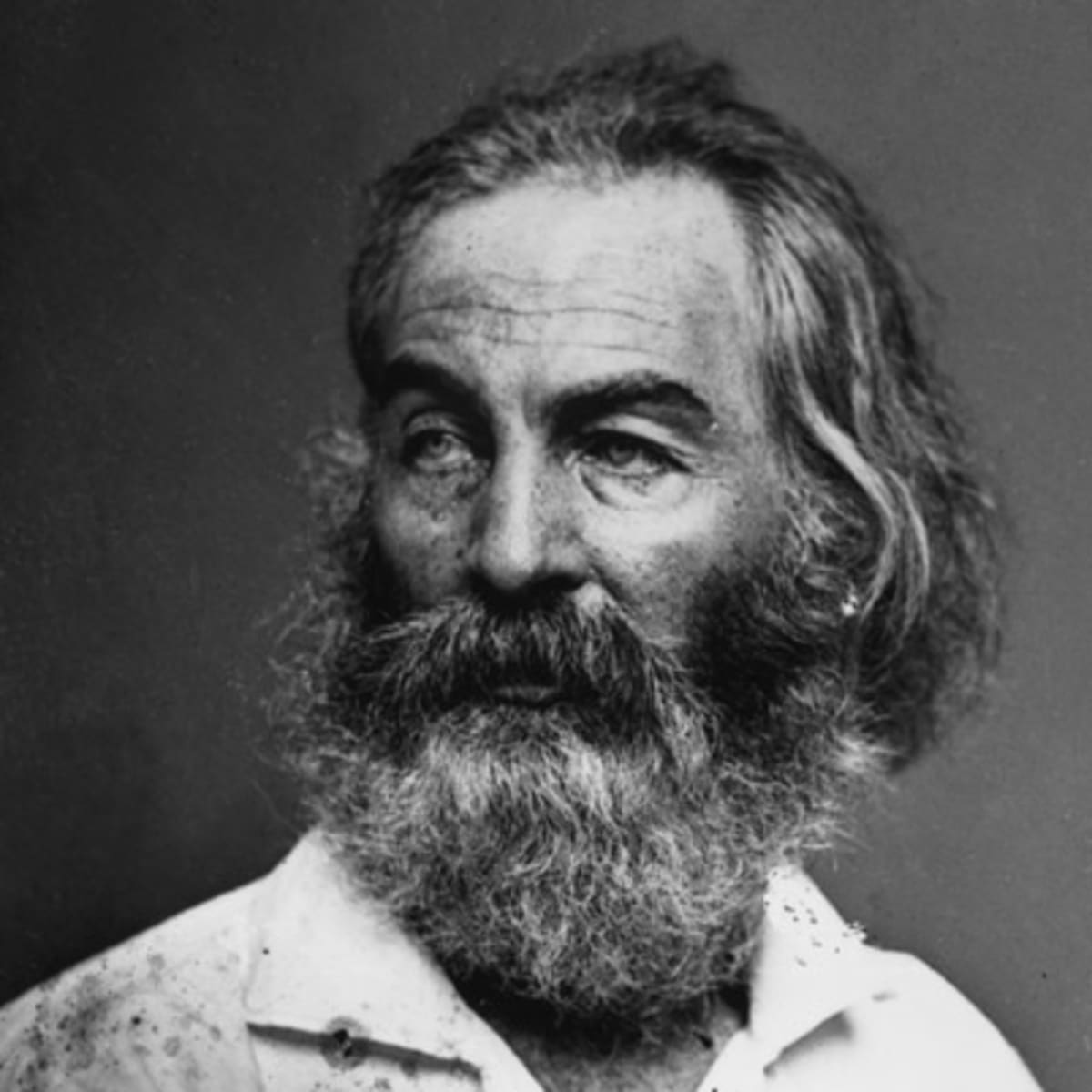Poets to come! orators, singers, musicians to come!
Not to-day is to justify me and answer what I am for,
But you, a new brood, native, athletic, continental, greater than before known,
Arouse! Arouse–for you must justify me–you must answer
I myself but write one or two indicative words for the future,
I but advance a moment, only to wheel and hurry back in the darkness.
I am a man who, sauntering along, without fully stopping, turns a casual look upon you, and then averts his face,
Leaving it to you to prove and define it,
Expecting the main things from you.
Published:
1871
Length:
Regular
Literary Movements:
Romanticism
Anthology Years:
2023
Themes:
Ars Poetica
Joy & Praise
Literary Devices:
Interrupted Clause
a word group (a statement, question, or exclamation) that interrupts the flow of a sentence and is usually set off by commas, dashes, or parentheses
Litany
Initially a prayer or supplication used in formal and religious processions, the litany has been more recently adopted as a poetic form that catalogues a series. This form typically includes repetitious phrases or movements, sometimes mimicking call-and-response.

